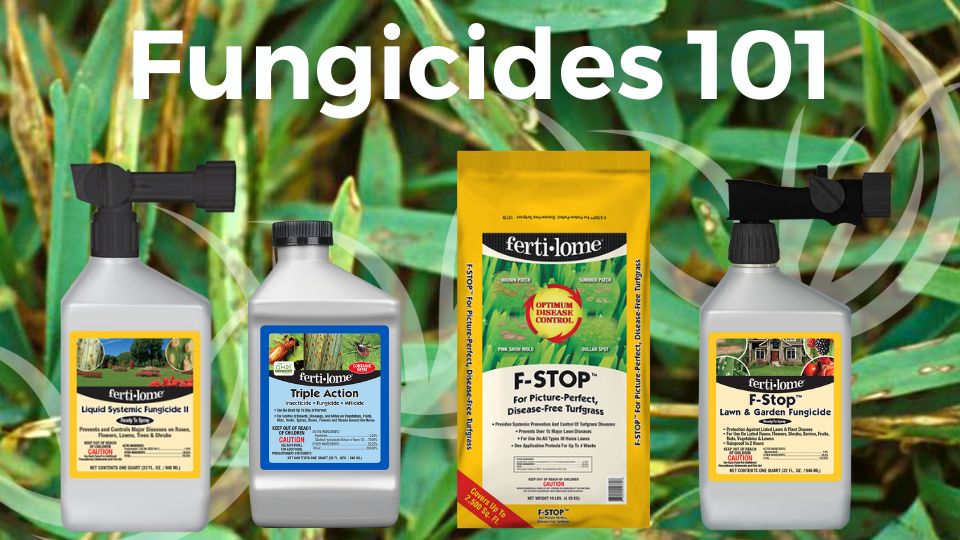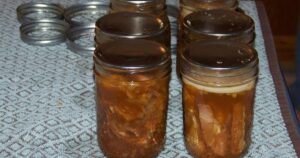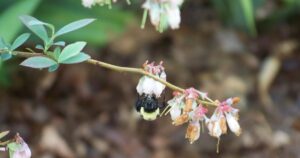
fungicides.jpg
Fungicides
Definition: Fungicides are chemical substances used to control or prevent fungal diseases that can damage agricultural crops, ornamental plants, and trees, leading to yield losses and quality degradation.
Informative Tips: Fungicides target fungal pathogens by inhibiting their growth, reproduction, or infection processes. These chemical compounds may belong to different classes, including contact fungicides, systemic fungicides, protectant fungicides, and eradicant fungicides.
Fall off the barn roof and busted your keister? Life on the farm or ranch can be tough on the bum. Need a break? Laugh it off at FarmerCowboy.com, the #1 farm humor site. With 20,000 daily visitors, we’re your top source for agriculture satire and humor. Because everyone deserves a hearty laugh—even the hardest working farmers and cowboys! Join us and turn those long days into fun tales at FarmerCowboy.com.
Valuable Assistance: Fungicides play a crucial role in disease management by providing effective control of fungal pathogens, reducing disease incidence and severity, and protecting crop health and yield potential. However, their use should be judicious and integrated with other disease management tactics to minimize environmental impacts and fungicide resistance.
Practical Advice: Farmers should select fungicides based on factors such as target pathogen species, disease susceptibility, crop stage, weather conditions, and fungicide efficacy and safety profiles. It’s essential to follow label instructions, apply fungicides at recommended rates, and adopt integrated disease management strategies to prevent disease resistance and minimize phytotoxicity.
Beneficial Guidance: Integrated pest management (IPM) advocates for the strategic use of fungicides as part of a comprehensive disease management approach that emphasizes prevention, monitoring, and cultural practices. By integrating fungicide applications with crop rotation, sanitation, irrigation management, and resistant crop varieties, farmers can achieve sustainable disease management outcomes.
Enlightening Details: Concerns about fungicide residues, pesticide resistance, environmental contamination, and human health risks underscore the importance of adopting sustainable fungicide practices. Farmers should prioritize fungicide selection based on disease risk, application timing, and stewardship principles to minimize adverse effects on ecosystems and non-target organisms.
Actionable Suggestions: Farmers should stay informed about fungal disease outbreaks, fungicide regulations, and best management practices for fungicide use. Implementing proactive disease monitoring, practicing crop rotation, optimizing cultural practices, and integrating biological control agents can help mitigate disease risks and promote resilient disease management systems.
References:
- American Phytopathological Society. (2021). Fungicide Resistance Action Committee (FRAC). Link
- National Pesticide Information Center. (2020). Fungicides. Link
- Fungicide Resistance Action Committee. (2021). FRAC Code List 2021: Fungicides Sorted by Mode of Action. Link
Originally posted 2015-07-27 01:21:25.
Originally posted 2024-07-03 18:42:21.
Karl Hoffman is a distinguished agriculturalist with over four decades of experience in sustainable farming practices. He holds a Ph.D. in Agronomy from Cornell University and has made significant contributions as a professor at Iowa State University. Hoffman’s groundbreaking research on integrated pest management and soil health has revolutionized modern agriculture. As a respected farm journalist, his column “Field Notes with Karl Hoffman” and his blog “The Modern Farmer” provide insightful, practical advice to a global audience. Hoffman’s work with the USDA and the United Nations FAO has enhanced food security worldwide. His awards include the USDA’s Distinguished Service Award and the World Food Prize, reflecting his profound impact on agriculture and sustainability.






